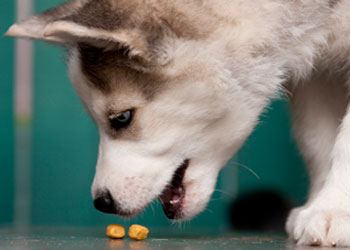×
Email
HOW CAN WE HELP?
6a - 7p Monday - Friday
6a - 2p Saturday
Mountain Time
PHONE
1-877-738-7237
FAX
1-866-777-1434
MAIL
Pets Best
2323 S Vista Ave. Ste. 100
Boise, ID 83705
My Question
First Name
Last Name
Policy (optional)
Phone
Best Day
Best Time
Click here to text customer care
- Pet Insurance
- Blog
- Pet Probiotics: Keeping Dogs and Cats Healthy

When we think of bacteria, we automatically think “yuck.” Some bacteria, however, are actually good for humans and pets. These bacteria contain probiotics that have been found to help with digestion and keep your pet healthy. Note that not every pet will need or benefit from daily dosages of probiotics. For the most part, probiotics are recommended when your pet has digestive problems and may not be needed long term. Always consult your veterinarian for help deciding what is best for your pet, including whether probiotics can be beneficial.

"Good" Bacteria
A well-balanced diet and exercise are vital to good health for pets. While it may be challenging to maintain a healthy human diet, pet owners can take steps to ensure our furry friends eat well balanced meals and get the right combination of protein, carbohydrates, fats and nutrients to maintain weight and stay healthy. Surprisingly, this also means making sure your pet gets enough “good” bacteria in their diet. Probiotics will help increase the production of “good” bacteria which can be reduced particularly if your pet is taking antibiotics.